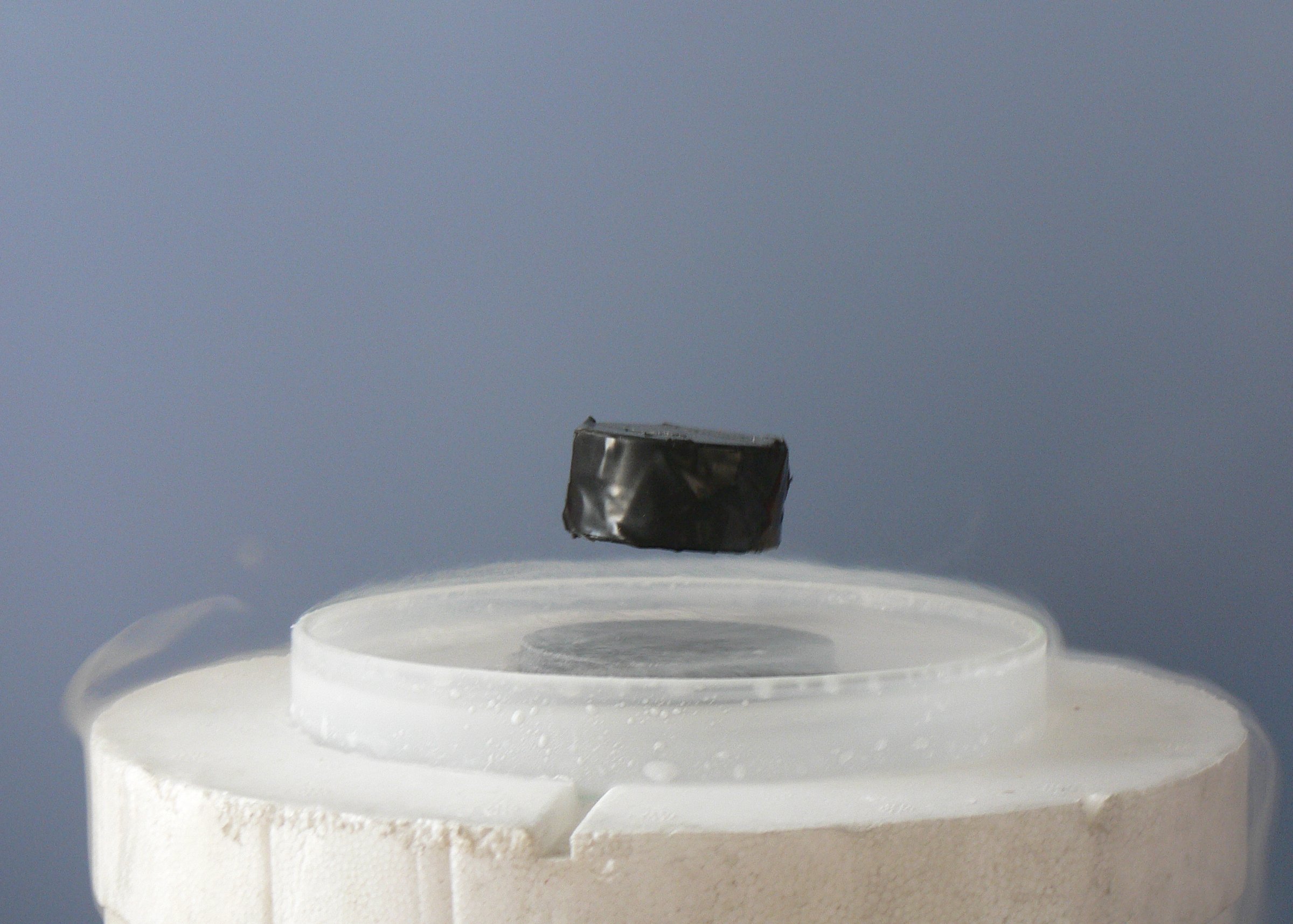Practical applications of Superconductors
- Introduction to Superconductors
- Different Types of Superconductors
- Quantum Mechanics
- Synthesis and Fabrication of Superconductors
- Superconductors and Electronics
- Superconductivity and Energy
- Innovation and the Future of Superconductors
- Reflection and Discussion
Reflection and Discussion
Future Reading in Superconductivity

Electrical conductivity with exactly zero resistance.
As we conclude our course on the practical applications of superconductors, it's important to remember that the field of superconductivity is constantly evolving. New discoveries and advancements are being made regularly, and staying updated with the latest research is crucial for anyone interested in this field. This unit aims to provide you with a roadmap for your future reading and exploration in the field of superconductivity.
Introduction to Further Reading Materials
There are numerous resources available for further study in superconductivity. Some of the most recommended books include "Superconductivity: A Very Short Introduction" by Stephen J. Blundell and "Superconductivity, Superfluids, and Condensates" by James F. Annett. These books provide a more in-depth look at the concepts we've covered in this course and delve into more advanced topics.
Latest Research and Advancements
The field of superconductivity is a hotbed of research and innovation. Some of the latest advancements include the discovery of room-temperature superconductivity in certain materials under high pressure, and the development of more efficient superconducting materials. Following reputable scientific journals and attending conferences can help you stay updated with these advancements.
Potential Career Paths and Opportunities
Superconductivity has a wide range of applications, from power transmission and storage to quantum computing and medical imaging. As such, there are numerous career paths available for those with expertise in this field. These include research positions in academia or industry, engineering roles in electronics or energy companies, and even policy-making roles related to energy efficiency and sustainability.
Recommendations for Further Study
If you wish to further specialize in superconductivity, you might consider pursuing a postgraduate degree in physics or materials science with a focus on superconductivity. There are also numerous online courses and workshops that can help you deepen your understanding of specific aspects of superconductivity.
In conclusion, the journey into the world of superconductivity doesn't end with this course. There are numerous avenues for further study and exploration, and we hope this unit has provided you with a good starting point. Remember, the field of superconductivity is as exciting as it is complex, and there's always more to learn.